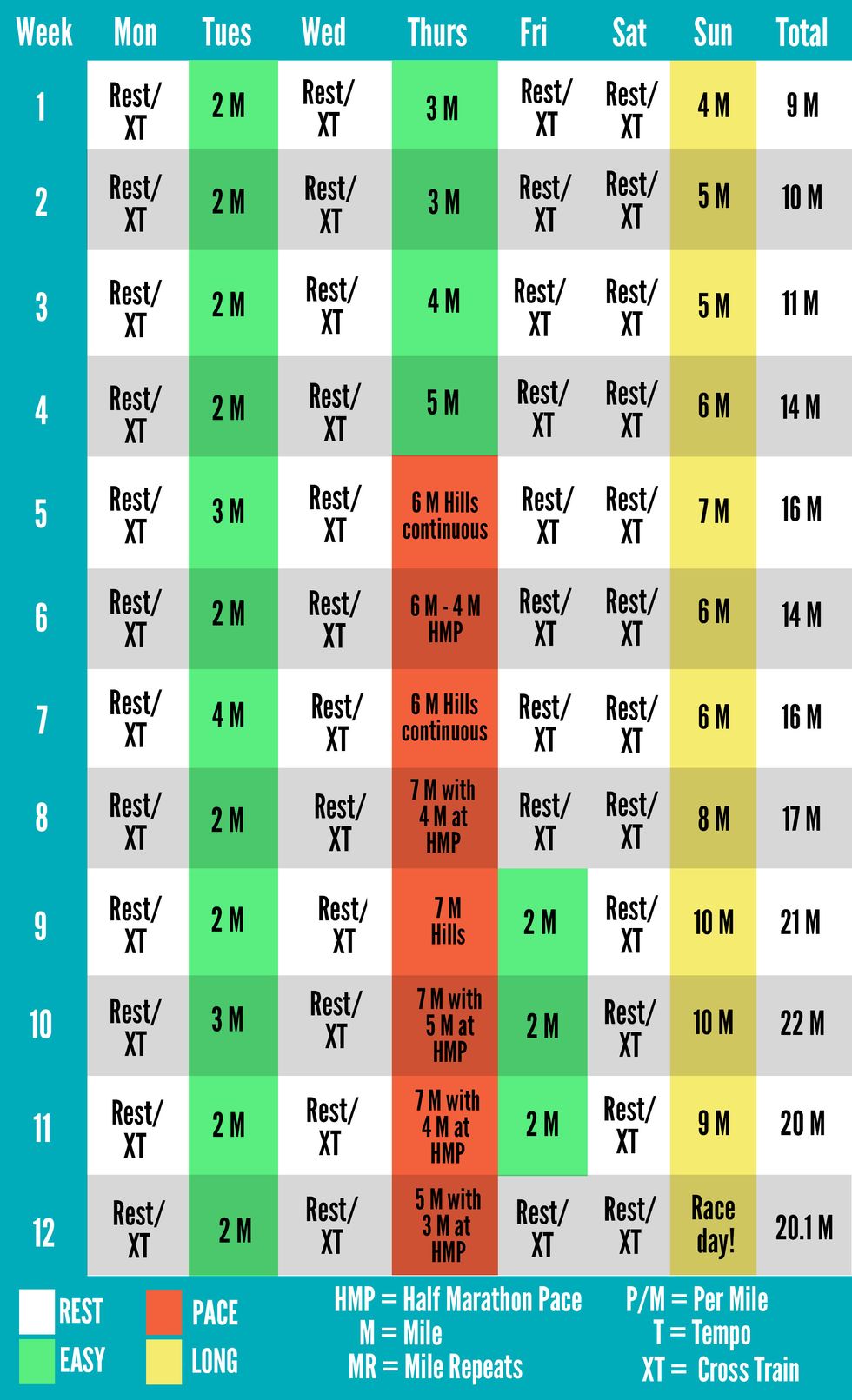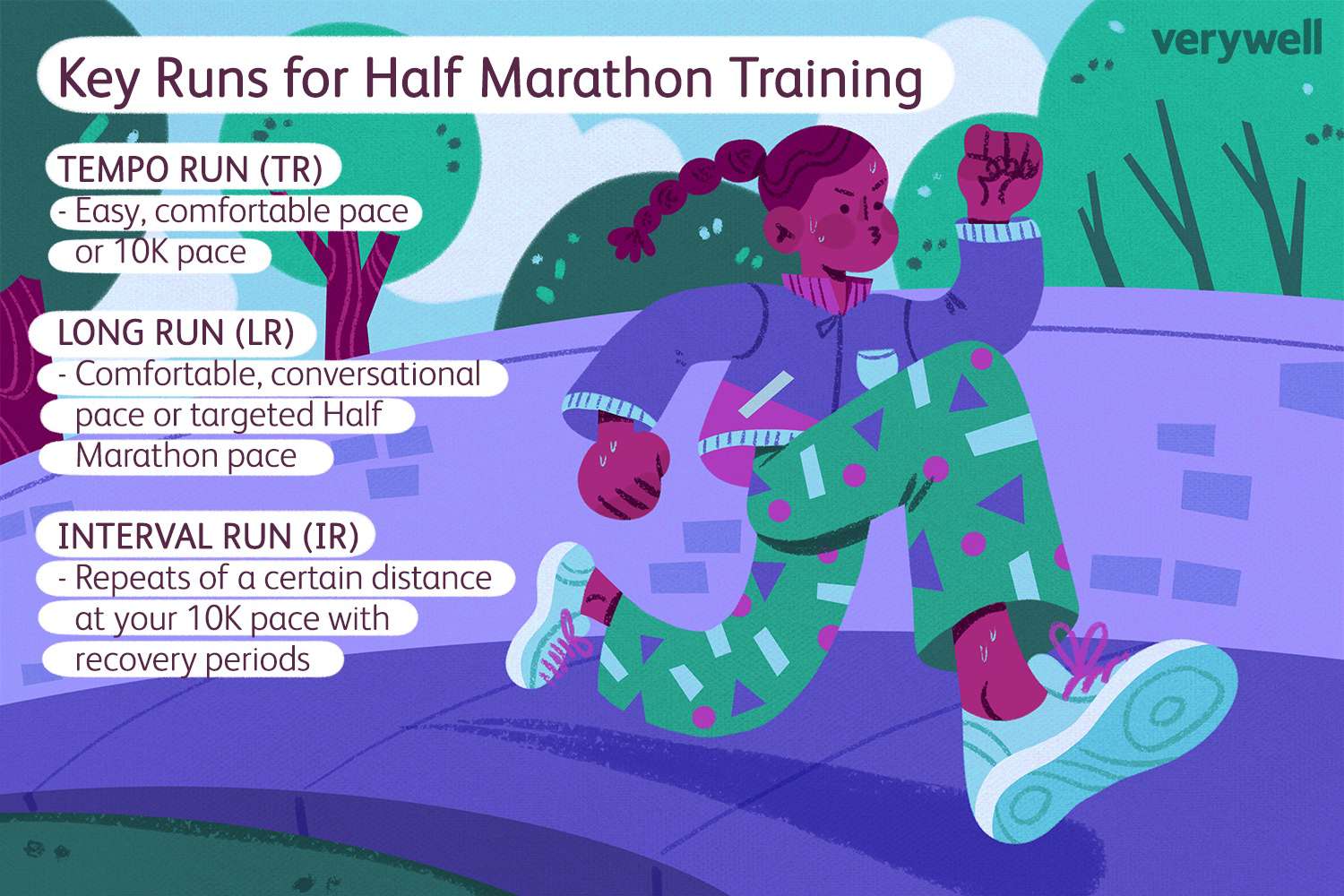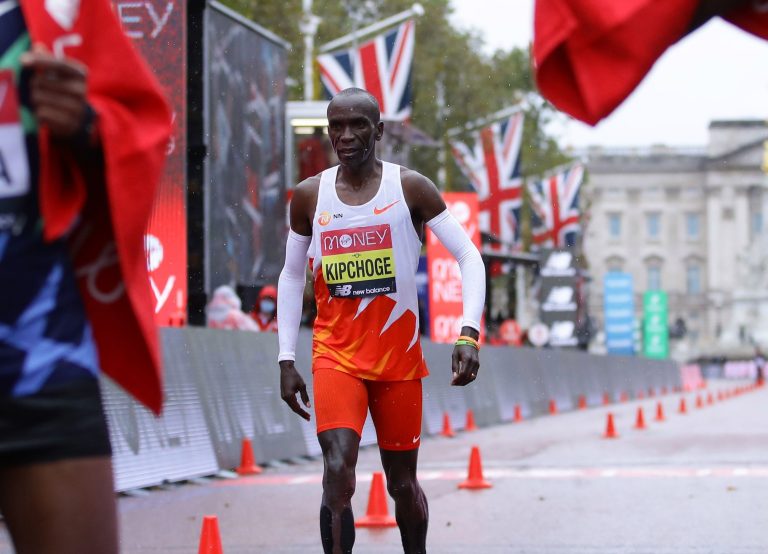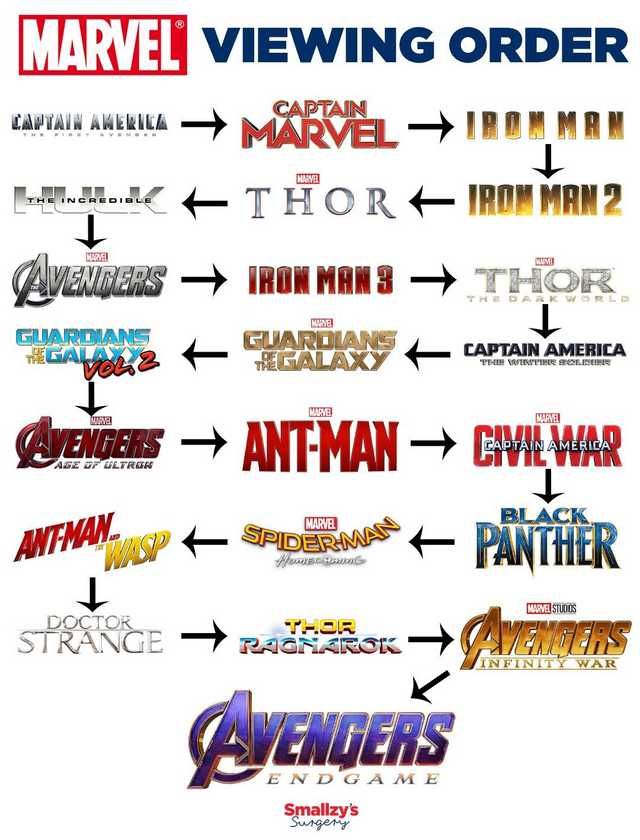When is the Best Time to Start Training for a Half Marathon
The best time to start training for a half marathon is typically 12-16 weeks before the race date. Training for a half marathon requires a structured and gradual approach to build endurance, improve running technique, and prevent injuries.
It is recommended to have a solid running base before starting a training program, ideally being able to comfortably run at least 3-4 miles several times per week. This allows for a smoother transition into the longer distances required for the half marathon.
Additionally, considering any personal commitments or schedule constraints is important when determining the best time to start training. By starting training at the right time, you can ensure adequate preparation and maximize your chances of success in completing the half marathon.
Benefits Of Early Preparation
Training for a half marathon requires commitment, dedication, and a well-planned strategy. It’s crucial to start training early to reap the benefits of early preparation. By beginning your training well in advance, you can boost your endurance, lower the risk of injuries, and enhance your overall performance on race day.
Increased Endurance
Early preparation for a half marathon provides ample time to gradually build up your endurance. By starting your training early, you allow your body to adapt to the increased demands of long-distance running. This gradual progression in mileage and intensity helps improve your cardiovascular system, enabling you to sustain your pace over the entire race distance.
Injury Prevention
Commencing your training early allows for a measured and methodical approach, reducing the likelihood of overuse injuries. Starting early gives you the opportunity to incorporate sufficient rest days into your training plan, which is vital for recovery and injury prevention. Moreover, it allows you to address any weaknesses or imbalances through specific exercises, thereby minimizing the risk of injuries that may occur due to inadequate preparation.
Setting A Training Schedule
One of the most crucial aspects of preparing for a half marathon is establishing a training schedule. By creating a clear and organized plan, you can optimize your training and ensure that you are adequately prepared for the race day. In this section, we will explore two essential factors to consider when setting your training schedule: establishing milestone goals and balancing rest and intensity.
When embarking on your half marathon journey, it is vital to set milestone goals to track your progress and stay motivated. These goals can provide you with checkpoints along the way, helping you to measure your improvement and keep you focused on your training efforts.
Here are a few tips for establishing milestone goals:
- Set achievable targets: Break down your training into smaller, manageable goals that align with your overall objective of completing a half marathon. This could include running a certain distance or completing a specific workout within a designated timeframe.
- Determine a timeline: Assign a target date for each milestone goal to create a sense of accountability and urgency. This will help you stay on track and maintain a consistent training regimen.
- Monitor your progress: Keep a record of your achievements and regularly evaluate your performance against your milestone goals. This will allow you to identify areas of improvement and make necessary adjustments to your training plan.
While it may be tempting to push yourself to the limit in every training session, finding the right balance between rest and intensity is crucial for optimal performance and injury prevention. Here are some key considerations:
- Regular rest days: Incorporate planned rest days into your training schedule to give your body time to recover and repair itself.
- Vary your intensity: Alternate between high-intensity workouts and lower-intensity sessions to avoid burnout and promote muscle recovery.
- Listen to your body: Pay attention to any signs of fatigue or pain and adjust your training accordingly. Pushing through discomfort can lead to overtraining and potential injuries.
By maintaining a well-balanced training schedule that encompasses both rest and intensity, you can optimize your progress and reduce the risk of setbacks during your half marathon training.
Nutrition And Hydration
Get primed for a half marathon by focusing on nutrition and hydration from the get-go. Proper fueling and staying hydrated are key to building endurance and strength for race day. Start incorporating these practices early in your training for optimal performance.
Fueling For Performance
Fueling your body properly is essential for optimal performance during training for a half marathon. A well-balanced diet rich in carbohydrates, proteins, and healthy fats is crucial for sustained energy levels. Carbohydrates are particularly important as they provide the primary source of fuel for your muscles.
Include foods such as whole grains, fruits, and vegetables in your diet as they are packed with essential nutrients and provide a steady release of energy. Lean proteins like chicken, fish, and beans aid in muscle repair and growth. Healthy fats found in avocados, nuts, and oils provide long-lasting energy and support overall health.
When planning your meals, consider the timing. Aim to have a meal rich in carbs and proteins about 2-3 hours before your training session. This will give your body enough time to digest and absorb the nutrients, ensuring optimal fuel availability during your run. Additionally, remember to hydrate well before and after your meal.
Importance Of Hydration
Proper hydration is crucial for runners, not only during the training phase but also during the half marathon itself. Water makes up a large portion of our bodies and plays a vital role in maintaining optimal bodily functions. When you sweat, your body loses fluids, which can lead to dehydration if not replenished.
Dehydration can cause fatigue, muscle cramps, and even nausea, severely impacting your performance. To stay adequately hydrated, aim to drink about 8-10 glasses of water per day, increasing this amount during intense training sessions or warm weather. Listening to your body’s thirst signals is also important – if you feel thirsty, it’s a clear indication that you need to drink more water.
In addition to water, electrolytes are crucial for proper hydration. Electrolytes are minerals such as sodium, potassium, and magnesium that help maintain the balance of fluids in your body. Including electrolyte-rich foods in your diet or consuming sports drinks with electrolytes during longer runs can help replenish these vital minerals lost through sweat.
In conclusion, nutrition and hydration are key components of your half marathon training. By fueling your body with a well-balanced diet and ensuring proper hydration, you will have the energy and endurance to perform at your best on race day.

Credit: www.runnersworld.com
Cross-training And Recovery
When training for a half marathon, incorporating cross-training and prioritizing recovery are essential elements for success. It’s important to strike a balance between running, strength training, and allowing your body to recover in order to prevent injury and improve performance.
Incorporating Strength Training
Include both upper and lower body exercises to strengthen muscles and improve endurance. Add strength training sessions to your weekly routine in order to enhance running performance and reduce the risk of injury.
Rest And Active Recovery Strategies
- Rest Days: Schedule regular rest days to allow your body to recover and repair muscle tissue.
- Active Recovery: Engage in low-intensity activities such as walking, yoga, or swimming to promote blood flow and aid in recovery.
- Fueling: Ensure proper nutrition and hydration to support recovery and overall performance.
Final Preparation Tips
Tapering Before The Race
Reduce running mileage gradually before race day.
- Decrease long runs by 20-30% each week.
- Focus on rest and recovery to avoid injuries.
Mental Preparation Techniques
Train your mind for the physical challenge ahead:
- Visualize successfully crossing the finish line.
- Practice positive self-talk to stay motivated.
:max_bytes(150000):strip_icc()/Half-Marathon-Training-Plan_CMupdate-03-718b131e78d64fa3998eb5ec265ffae9.png)
Credit: www.shape.com

Credit: www.nike.com
Frequently Asked Questions Of When Is The Best Time To Start Training For A Half Marathon
When Should A Beginner Start Training For A Half Marathon?
A beginner should start training for a half marathon at least 12-16 weeks before the race. Gradually build up endurance and mileage to avoid injury. It’s also important to consult a doctor before starting any new exercise program.
When Should Half Marathon Training Peak?
Half marathon training should peak approximately two to three weeks before the actual race. This allows for proper tapering and recovery, ensuring optimal performance on race day. It is important to gradually build up mileage and intensity throughout the training period to prevent injuries and improve endurance.
How Far In Advance Should I Start Training For A Marathon?
Start training for a marathon about four to six months in advance. This will give you enough time to gradually build endurance, improve running technique, and prevent injuries.
Conclusion
The best time to start training for a half marathon is now. By gradually increasing mileage and incorporating strength training, you can prepare your body for the race. It’s crucial to listen to your body, stay consistent, and maintain a balanced diet.
Remember, dedication and patience are key to a successful half marathon training journey.






